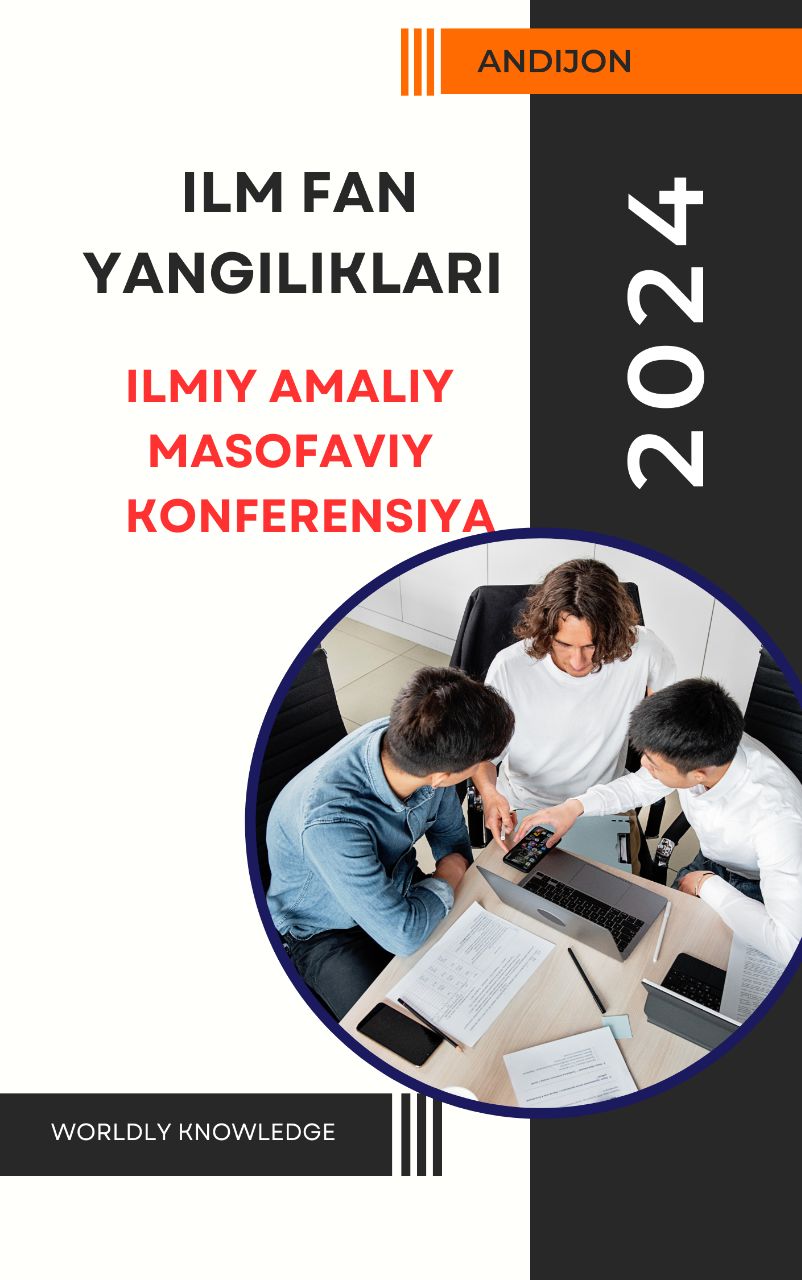DICTIONARY USE IN THE PAST AND TODAY
Keywords:
print dictionaries ,digital dictionaries, accessibility, technology, web based dictionaries, dictionary apps ,language learning ,search functionally ,user experience ,etymology ,multilingual support ,specialized dictionaries ,physical dictionaries .Abstract
The dictionary has long been an essential tool for language learners, writers, and scholars alike. Historically, dictionaries served as authoritative references that cataloged the vocabulary of a language, providing definitions, pronunciations, and etymologies. In the past, these tomes were often hefty volumes that required significant effort to consult; users would flip through pages in search of the correct spelling or meaning of a word. However, with the advent of technology and the rise of digital resources, the way we interact with dictionaries has transformed dramatically. Today, dictionaries are not just static books but dynamic online platforms that offer instant access to vast linguistic databases at our fingertips. This article explores the evolution of dictionary use from traditional print formats to modern digital applications, examining how these changes reflect broader shifts in communication, education, and culture.
References
1. Merriam-Webster Online: www.merriam-webster.com
2. Oxford English Dictionary (OED) Online: www.oed.com
3. WordNet by Princeton University: wordnet.princeton.edu

